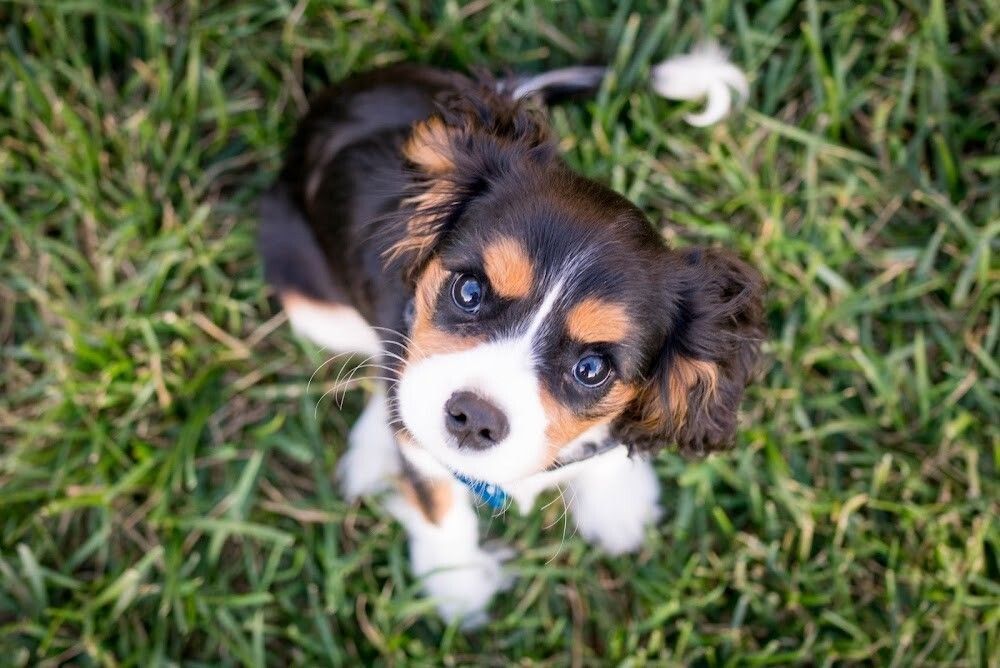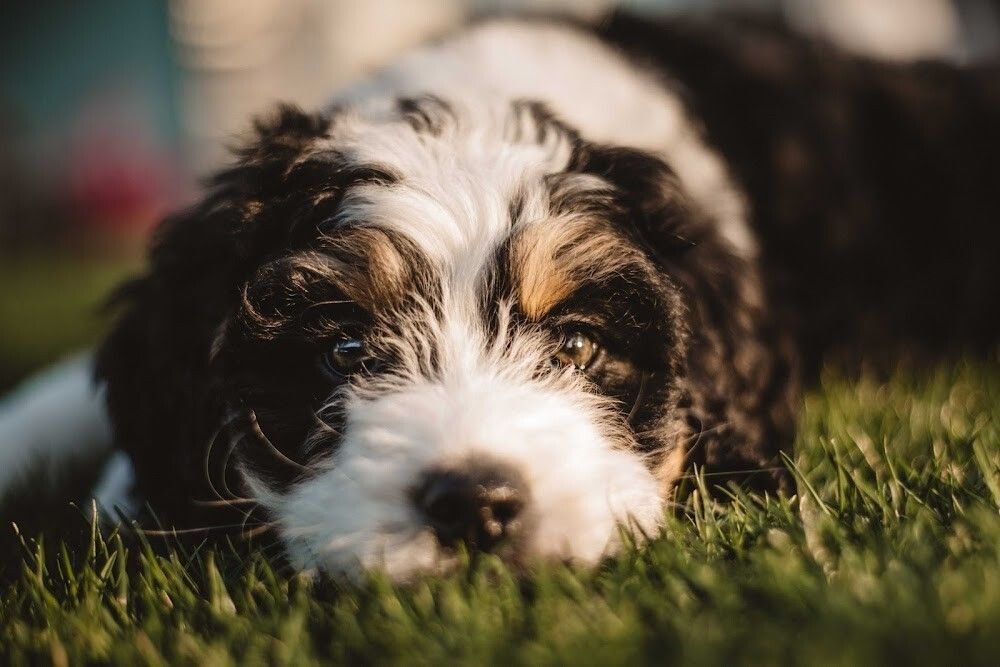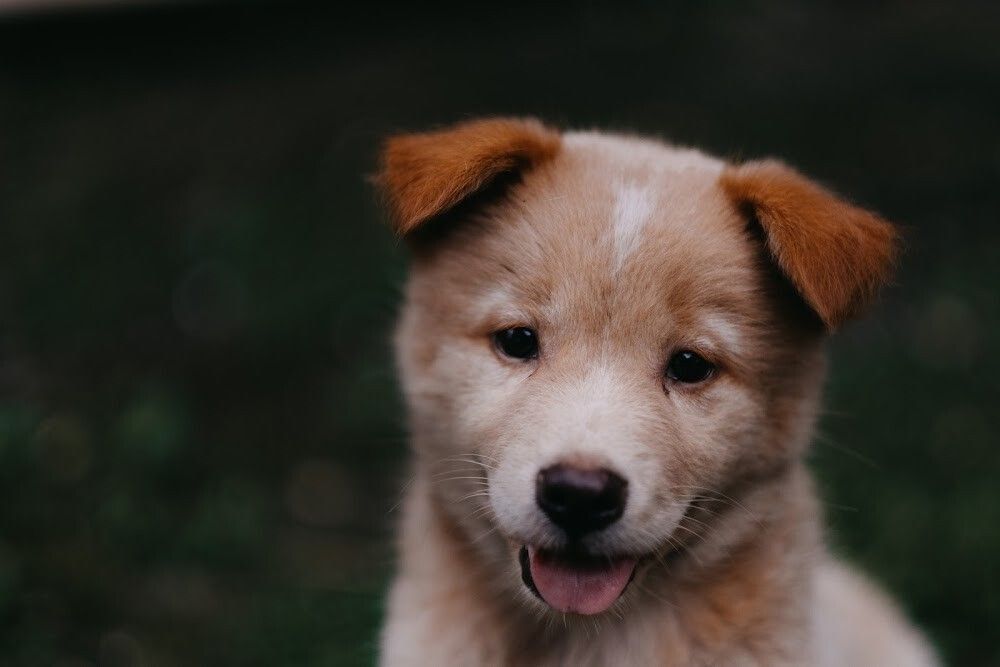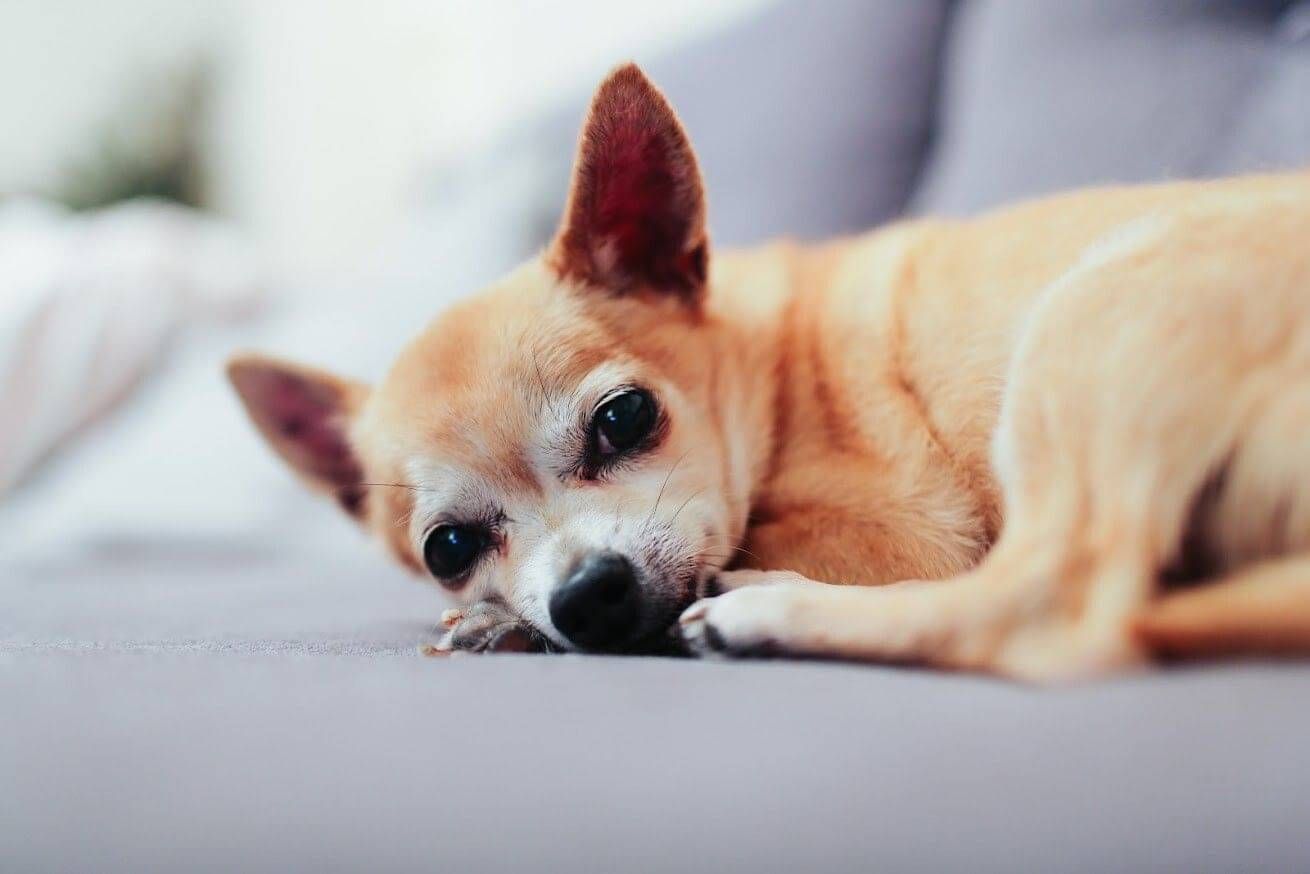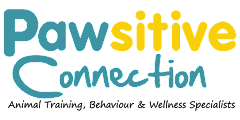TOILET TRAINING
Dogs and pups are most likely to go to the toilet after meals, after playing (including excitement and activity) or upon waking from a sleep. However, this can vary with age, weather, environment, stress/anxiety, routines (general and feeding) and medical conditions.
Puppies
Take advantage of your puppy’s natural instincts. Dogs in the wild are fastidious about keeping their den and nests clean, so dogs generally do not toilet where they sleep or eat
Short Term Confinement Area
To start with, keep your puppy in a short term confinement area. The best option is to have a crate, with an extended area cordoned off by an ex-pen. This area should be set up with your puppy’s bed, water and enrichment toys. (Allowing a puppy full access to your house is like allowing a toddler to roam around your house unsupervised!). Feed and play with your puppy in this area to create a good association.
Associations
The association with a toilet spot will be built of the following things:
• Smell (of urine, faeces or ammonia)
• Location
• Surface (e.g. grass, sand, tiles, newspapers etc.)
• A word, command or sound
• Physiological things like feeding, sleeping and playing.
Observations and Training
Keep a close eye on your puppy when they wake from sleeping, had a meal, or have been playing. They may appear restless, begin walking in circles or sniff the ground intently: these can be signs of needing to go to the toilet. If you see these things happening, then encourage your puppy quickly and calmly outside on a lead and let them go to the toilet.
A puppy not on lead and unsupervised is easily sidetracked and may forget what they were meant to do. As soon as your puppy has gone to the toilet, say “toilet” or similar and reward them generously with a treat and praise. Your puppy will eventually associate the word “toilet” with the right action of urination or defecation.
After your puppy has toileted, they can be allowed off the lead to play or explore. Close observation of your puppy in the first few weeks will leave less chance for mistakes to be made, and then the quicker your puppy will understand and be more relaxed. Each time you take your puppy outside, give the word “toilet” and try to use the same spot.
Surfaces
Most puppies will develop a preference to going on one surface than another. After all, who wants to go on wet grass when inside on the warm dry carpet is available? If you want your puppy to toilet outside on grass as an adult, it is best to train on grass as a puppy. You can buy artificial grass tiles, and mat systems that work well in a short term confinement areas. Be aware that if you train your puppy to use ‘pee pads’, you may find as an adult, your dog prefers to go on similar soft surfaces such as a rug or carpet.
Accidents
Accidents should be expected. Never punish your puppy for an ‘accident’. At this stage, they don’t quite understand what is required and it will only confuse them. While accidents are frustrating, reprimanding your puppy for toileting inappropriately will only teach them NOT to toilet in front of you and doesn’t let them know where they should toilet instead.
If you catch your puppy in the act of toileting, don’t reprimand or get angry, just quickly lift them outside to the appropriate spot and give the command - “toilet”.
Be sure to look at your management. How did your puppy have access to the area to toilet? Were they unsupervised? Can you put a baby gate up to prevent access? Or do you need to be more vigilant?
Cleaning Up
As an association can be built with the smell, it is important that any accidents are cleaned up thoroughly. Clean the area with non-ammonia based enzymatic product e.g. BIO-ZET laundry powder or Nature’s Miracle products specifically designed for pet urine cleaning. The enzymes will break down the waste more effectively for odour removal.
Excitement Urination
Some puppies and older dogs will urinate when excited or when anticipating seeing their owner after an absence. Usually, puppies will grow out of this as they learn to control their bladders. With older dogs it is a little harder to control as they may have been doing it for a long time. Encourage your dog to be relaxed during greetings and keep the excitement level as low as possible. Sometimes it can help to wait a couple of minutes before greeting your puppy, just to help them be a little calmer.
Older Dogs
If you have adopted an adult dog, they may never have been toilet trained or have learnt to go in places that are not acceptable. You may need to re-teach a new place to toilet, and:
• Limit unsupervised access to any undesired areas.
• Observe your dog closely at times when they are likely to need to go to the toilet
• Take your dog to the desired location on lead, stand there and wait without interacting with them until they eliminate, then reward generously. A dog that is not on lead and supervised is easily distracted and not given the opportunity to learn the required behaviour.
• If your dog is defecating frequently then limit the times when they have access to food so you are home to do the toilet training.
• Reward for doing the correct thing. Do not punish for mistakes - it is better to ignore and make it even easier for the dog to get it right next time so you can reward them for the correct response.
When to Visit the Vet
If toileting is overly frequent or infrequent, happens in large amounts, your pet is straining or looking uncomfortable during toileting, or the urine changes in colour and odour, contact your vet.
To Sum Up...
Supervise, supervise, supervise! Use short term confinement areas when you are not actively supervising your puppy. Once your puppy /dog has toileted inappropriately in a specific spot repeatedly they might have made the association that this IS the actual toileting spot – hence, be pro-active, the more you can help them get it right, the less accidents they will have, the quicker they will be toilet trained.
